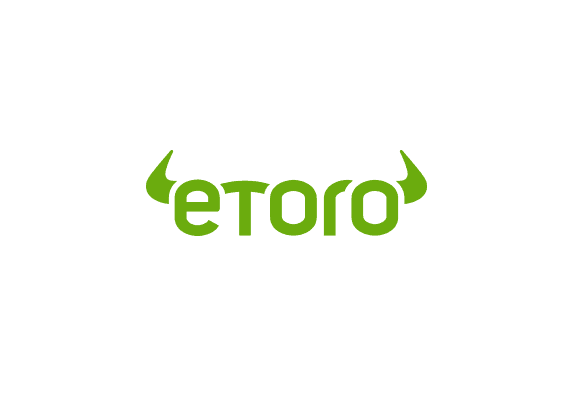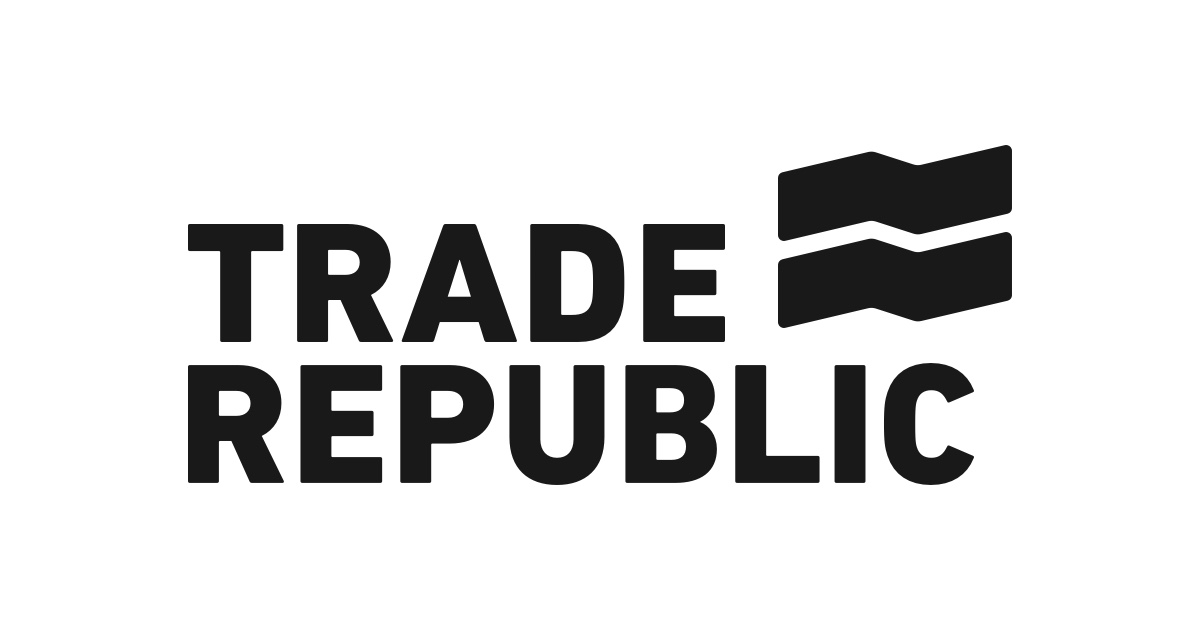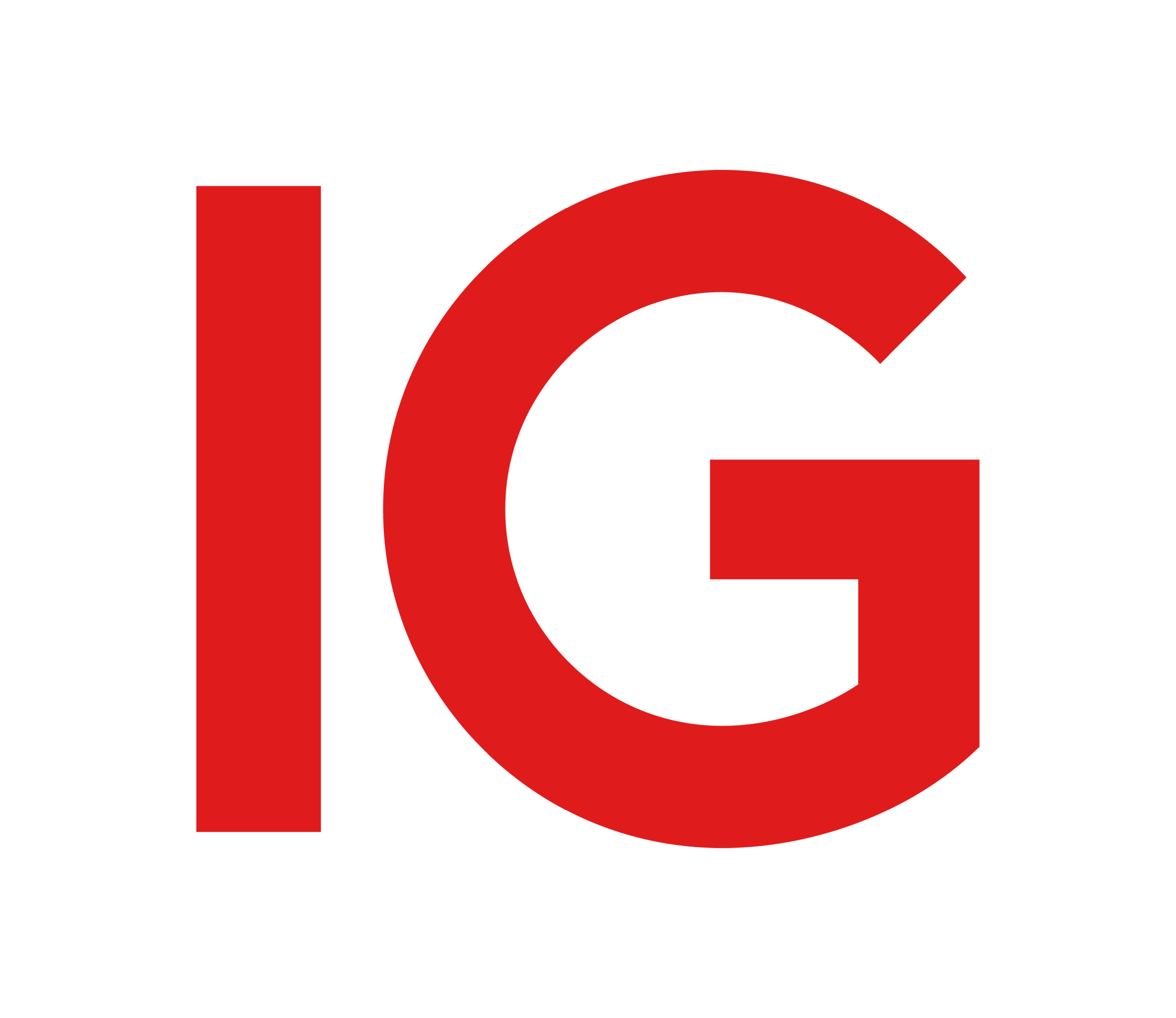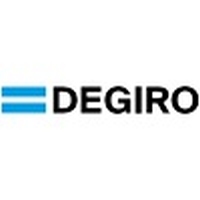Stock brokers
Investing in the stock market is both exciting and intimidating, but choosing the right stock broker can make all the difference. By understanding the various types of brokers and their unique offerings, you will be better prepared to make the best investment decisions and maximize your returns.
Short summary
- Understanding the differences between stock brokers and selecting an online trading platform that best fits your individual needs is essential for successful stock trading.
- Etoro, Freedom24 and Bitpanda are among the best stock brokers in Europe, offering competitive fees, diverse investment options and asset classes, user experience and customer service.
- Make sure you understand the risks of your trades and ensure the safety of investments by choosing a regulated broker.
Please note: investing with a stock broker involves risks, you may lose (part of) your investment during trading.
Top European stock brokers for retail investors
Some of the best stock brokers in Europe are:
If you want to trade and invest all by yourself eToro is currently Europe’s online brokerage champion. You can trade in stocks, commodities, crypto and other currencies. Templates allow you to invest directly in a variety of sectors. Don’t invest unless you’re prepared to lose the money you invest.
With the platform Trade Republic, you can invest in 10,100 stocks and ETFs. Start investing in fractional shares from 1 euro. You also earn 4 percent interest on uninvested balances.
Via Bitpanda you can easily invest in well-known stocks such as Apple, Microsoft, or Tesla or invest in the larger ETFs. In addition, it offers many cryptocurrencies such as bitcoin, ethereum and solana and you can invest in commodities such as gold and silver via the platform.
Platform for experienced traders familiar with the trading and risks of turbos, CFDs, barriers, forex and derivatives. Please note that these are complex instruments and, due to the leverage effect, bring a high risk of rapidly mounting losses. 75% of investors suffer losses on these trades.

What is a stock broker?
To invest in the financial markets, you need a broker. A stock broker connects investors to financial markets, facilitating the buying and selling of stocks, exchange-traded funds (ETFs), mutual funds, and other securities. Stock brokers can either be full-service brokers, or online-only brokers that focus on user-friendly online trading platforms.
A stock broker connects investors to financial markets.
You should compare brokers before choosing one. There are multiple factors that you can take into account during your comparison. Think, for example, about the type of trading platform you want:
Traditional vs. online brokers
Traditional brokers tend to charge higher fees than their online counterparts. This is because they often execute trades on behalf of their clients and provide personalized advice. In contrast, online brokers offer lower fees and give investors the freedom to manage their own investments through advanced trading platforms.
In fact, some online brokers even offer commission-free trading on a selection of stocks and ETFs, making them an attractive option for cost-conscious investors. However, it is important to be aware of potential hidden fees, such as inactivity or withdrawal fees, when evaluating commission-free trading platforms.
Full-service vs. discount brokers
Full-service brokers offer a comprehensive suite of services, including investment advice, research, and personalized support. While these brokers tend to charge higher fees, their robust research and educational resources may be valuable for investors who need guidance in making investment decisions.
On the other hand, discount brokers offer lower fees and a more streamlined investing experience but may lack the same level of support and advice provided by full-service brokers. Ultimately, the choice between full-service and discount brokers depends on your individual needs, preferences, and investment goals.

Choosing the ideal brokerage platform
When selecting the right brokerage platform, it is crucial to consider factors such as trading costs and fees, investment options and asset classes, user experience, customer service and safety and regulation. Comparing these elements across different brokers often partly depends on personal preferences.
For example, if you are a beginner investor, you may prioritize user-friendly interfaces and educational resources, while active traders might seek advanced trading tools and competitive fees. By evaluating these factors, you will be well-equipped to choose the best brokerage platform to start your investing journey.
Platforms and mobile trading apps
Although many platforms are easy to use, not all platforms are designed for inexperienced retail investors. Platforms such as IG, Plus500 or Interactive Brokers are best in class for a certain group of investors, but not for the majority. You should also consider whether these platforms are mobile-friendly.
Not all platforms are designed for inexperienced investors.
In today’s fast-paced world, having access to a reliable and user-friendly mobile trading app is essential for investors on the go. Mobile trading apps have become increasingly popular. They offer users the ability to trade stocks, options, futures and other financial instruments directly from their mobile devices. These apps not only provide convenience, but also empower investors to stay connected to the financial markets and make informed decisions anytime, anywhere.
Trading costs and fees
You need to understand the various fees associated with trading, to decide which broker best aligns with your financial goals and preferences. Trading costs and fees play a significant role in your overall investment returns, making it crucial to compare the fee structures of different brokers before making a decision.
Stock brokers may charge trading commissions, flat fees per trade, annual management fees, and transaction fees for trading. While some brokers may offer lower fees, it is important to weigh the trade-offs between cost savings and access to valuable resources, such as research and trading tools.
Investment options and asset classes
The range of investment options offered by a broker can greatly impact your investment decisions and portfolio diversification. Common investments are stocks, bonds, mutual funds, ETFs, and options. But crypto’s, foreign currencies or savings interest on uninvested balances can also make the difference.
Choosing a broker with a diverse range of stock and asset options helps diversify your investment portfolio.
When evaluating a broker, consider the breadth and depth of their investment offerings, as well as the accessibility of various markets and asset classes. This will allow you to build a well-rounded investment portfolio tailored to your personal risk tolerance and financial objectives.

Specialty brokers and platforms
In addition to generalist brokers, there are specialty brokers and platforms that cater to specific investment types, such as day trading, forex trading, and crypto trading. Understanding the nuances of these specialized brokers can help you make more informed decisions when selecting a platform.
There are specialty brokers that cater to day trading, forex trading or crypto trading.
Whether you are a day trader seeking fast execution or a crypto enthusiast exploring the world of digital assets, specialty brokers and platforms can provide tailored solutions that align with your unique investment objectives.
Best broker for day trading: IG
For day traders seeking a reliable and efficient platform, IG emerges as the top choice. With its user-friendly interface, comprehensive trading tools, and access to global financial markets, the platform provides a robust environment for day traders to capitalize on short-term market movements and maximize their returns. By choosing IG as your day trading broker, you can benefit from its expertise and technology to navigate the fast-paced world of intraday trading.
Best online broker for beginners: Bitpanda
There are many people who indicate that Bitpanda is a good broker for starting investors. The platform, which originated in Austria, is intuitive, simple and also offers fractions of shares so that you can decide for yourself how much money you want to invest in stocks. In addition, with their investing account you can also buy ETFs, and a wide range of cryptos.
Best overall European stock broker: eToro
With a wide range of assets and a user-friendly interface eToro is among the top online brokers in Europe. This European based stock broker offers stocks, forex, commodities, cryptocurrencies, ETFs, and indices. This allows traders to diversify their investment portfolio on a single platform.
eToro adheres to strict guidelines and standards for the protection of its users.
As an international brokerage firm, the platform operates under various regulatory authorities around the world, including the FCA (UK) and the Cyprus Securities and Exchange Commission. This ensures eToro adheres to strict guidelines and standards for the protection of its users.
Although a social trading platform is not for everyone, eToro has a unique trading feature that allows users to follow other traders, view their trades, and even copy their trades. This makes it possible to learn from successful traders and implement their strategies.
Stock broker safety and regulation
When choosing a stock broker, it is crucial to consider the safety and regulation of the firm. An important criteria is whether the platform is regulated by the Financial Conduct Authority (FCA). This is a regulatory body in the United Kingdom responsible for overseeing approximately 50,000 financial services firms and financial markets. It plays a vital role in ensuring the security and reliability of stock brokers.
Regulated platforms that are protected by the UK Financial Services Compensation Scheme (FSCS) or European deposit guarantee scheme EDGS, ensure that your funds are safeguarded. In the event of broker insolvency or theft, they even offer a minimum coverage of 100.000 euro (£85.000).





